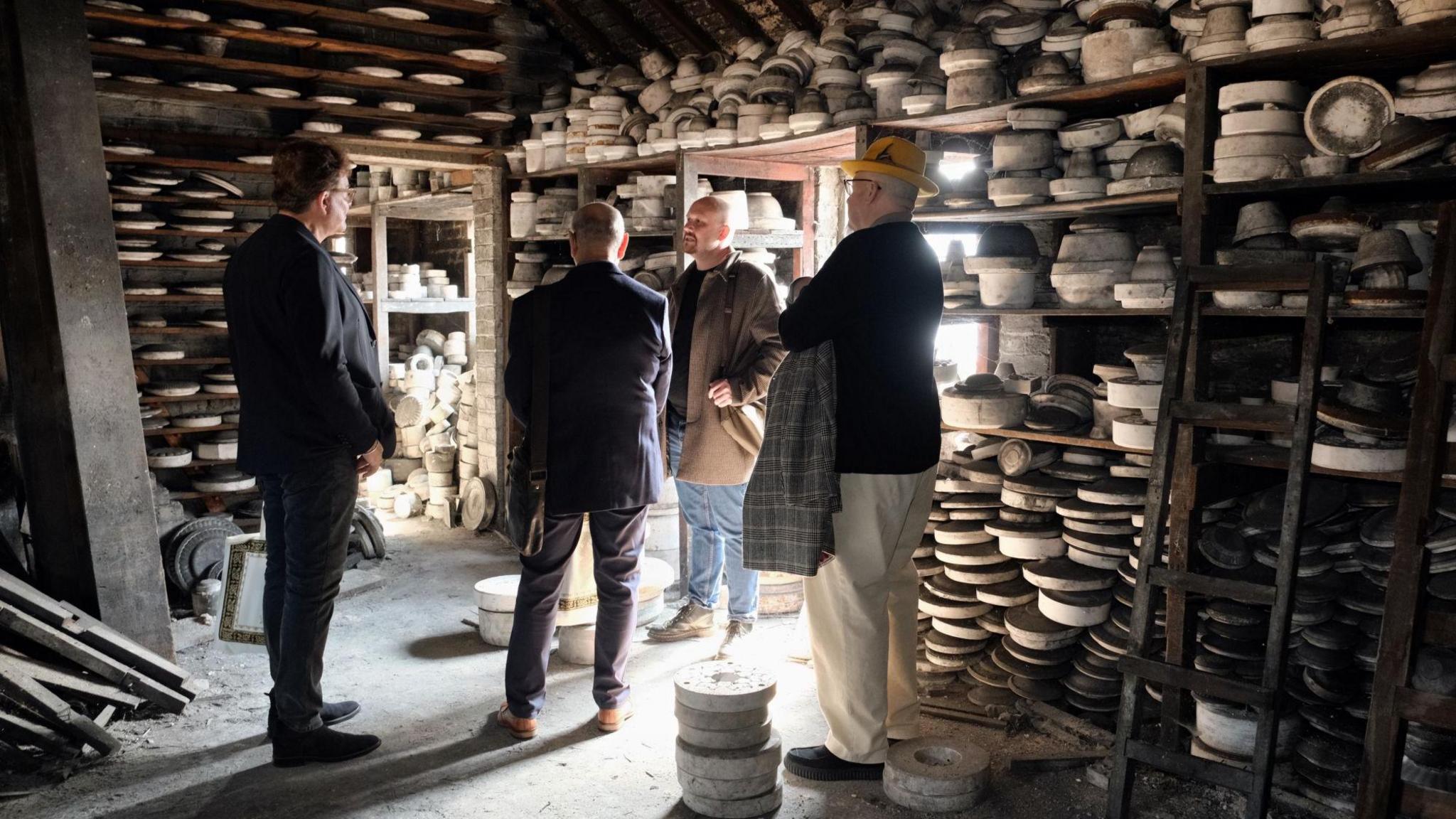World Craft status for city's jewellery trade
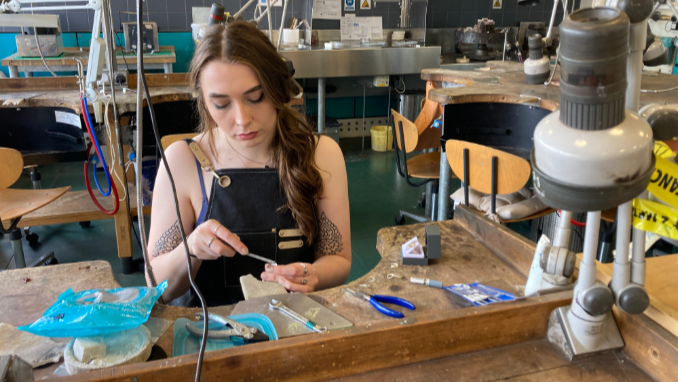
The Jewellery Quarter has been a manufacturing centre for more than 200 years
- Published
Birmingham's global influence in jewellery making has been recognised by being granted World Craft City Status.
World Crafts Council President, Saad Al-Qaddumi, said the title celebrated the city's "rich heritage, skilled artisans, creative designers, proud makers, and innovative contributions to the jewellery industry."
Only eight other cities in Europe have been awarded the title. This includes Stoke-on-Trent which was awarded the status last year for its pottery craft.
The Jewellery Quarter Development Trust (JQDT) said the award "signifies a landmark moment for Birmingham and the wider West Midlands, placing the city's historic Jewellery Quarter firmly on the global stage."
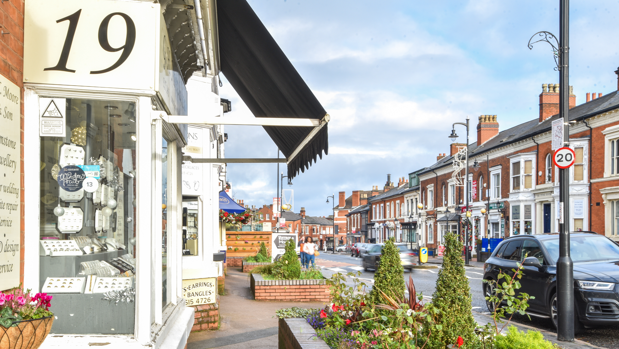
Birmingham has officially been recognised as a World Craft City, one of just eight in Europe
Birmingham's Jewellery Quarter sits close to the city centre and has been a manufacturing centre for more than 200 years. Shops only started to appear in the 1970s when manufacturers decided to sell to individual customers.
To get the status, an international judging panel visited the School of Jewellery, established in 1890 and situated in a Grade II-listed building on Vittoria Street, where they took part in a silversmithing workshop and viewed the artistry and craftsmanship of current students.
Elsewhere in the Jewellery Quarter, judges stopped at the Birmingham Assay Office, Cooksongold, and the historic Coffin Works.
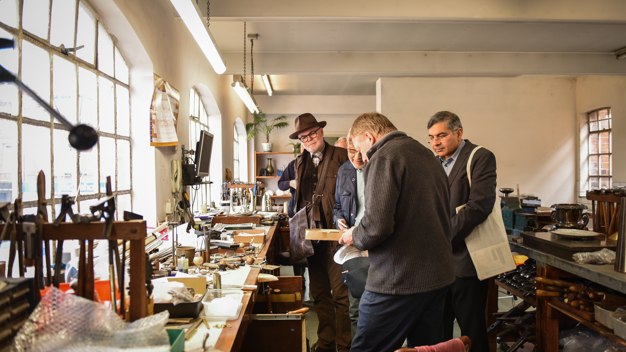
The international team of judges toured the Jewellery Quarter on a three-day visit
Andrew MacGowan was 16 years old when he started at the School of Jewellery in 1976 and he has remained in the quarter working as a silversmith ever since.
"I've seen so many changes in the Jewellery Quarter, but it's still a family, it's still a community and long may that continue," he said.
"I can walk along the road and meet dozens of people that I've known for all my working life in the trade and it would be a shame if we ever lost that.
"I'm hoping that with this new status it may encourage people to come back into the trade."
Norma Banton, who runs MasterPeace Academy, said her aim was also to increase the diversity of people from the city taking up the profession.
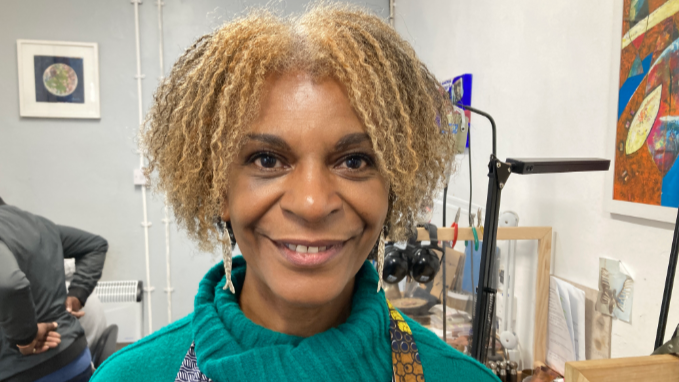
Norma Banton who runs MasterPeace Academy said it was a privilege for the city to have the status
"It's amazing, it's a huge privilege and we're here to celebrate, promote and pass on the legacy of Afro Caribbean culture in the British jewellery trade, so to have this world craft city status is just a huge opportunity," said Ms Banton.
Birmingham's bid was led by JQDT and Birmingham City University, while being supported by Birmingham City Council and the Goldsmiths Company.
Matthew Bott, the chair of JQDT, said: "This is a moment of real pride - not just for the Jewellery Quarter, but for Birmingham and the West Midlands.
"We've always known the value of what happens here, and now the world does too. Our thanks go to everyone who helped us reach this point, and we look forward to working with partners old and new to build on this incredible foundation."

More than 40% of British jewellery is made in Birmingham's Jewellery Quarter, city curator Alex Nicholson-Evans said
With the designation now confirmed, the JQDT, supported by city curator Alex Nicholson-Evans, says it will use this recognition as a springboard for further ambition, starting with launching the Birmingham Jewellery Biennial, the UK's jewellery festival.
Envisaged as a citywide celebration, plans for the biennial include open studios, jewellery fairs, heritage tours, a trade conference and a flagship exhibition - shining a spotlight on internationally acclaimed artists and emerging talent, selected through a UK-wide open call.
Ms Nicholson-Evans told BBC Radio 4's Today programme that "finally we get to tell the world what we've known all along".
"The Jewellery Quarter... [is] over 200 years old, over 40% of British jewellery is made right here in Birmingham's Jewellery Quarter, and that's a really exciting thing to now be able to share with the world.
"There are 700 jewellery-related businesses in the quarter and we're home to the world's largest assay office, which is kind of where the testing and hallmarking of precious metals takes place."
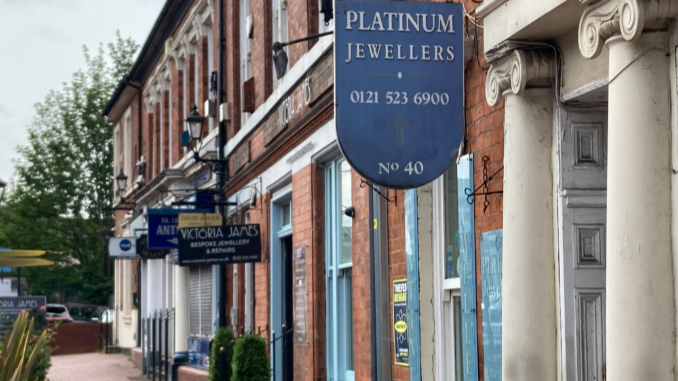
Matthew Bott, the chair of JQDT, said it was "a moment of real pride" for the area which is made up of hundreds of jewellers
Her role was commissioned by Colmore Business District, a business improvement district (BID), and she had the remit to work across five in the city centre to "bring people together to make sure Birmingham continues to be an amazing place to live, work and do business", Ms Nicholson-Evans stated.
JQDT also says the new status opens the door to international partnerships, funding opportunities and collaborative projects, for the Jewellery Quarter, Birmingham and the West Midlands.
A spokesperson for JQDT said: "With both the Jewellery Quarter and Stoke-on-Trent now recognised as World Craft Cities, the West Midlands is fast becoming a national leader in championing craft as culture. "
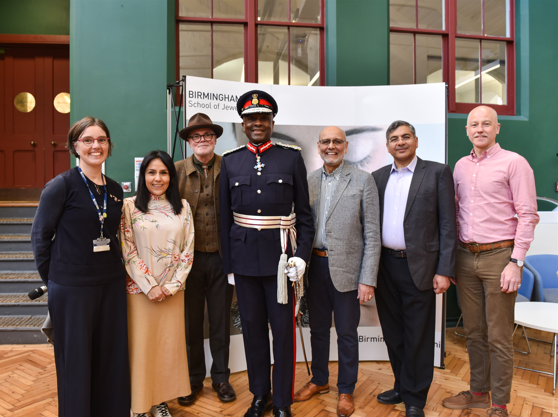
The judges visited the Birmingham School of Jewellery as part of their trip
Get in touch
Tell us which stories we should cover in Birmingham and the Black Country
Follow BBC Birmingham on BBC Sounds, Facebook, external, X, external and Instagram, external.
Related topics
- Published20 May
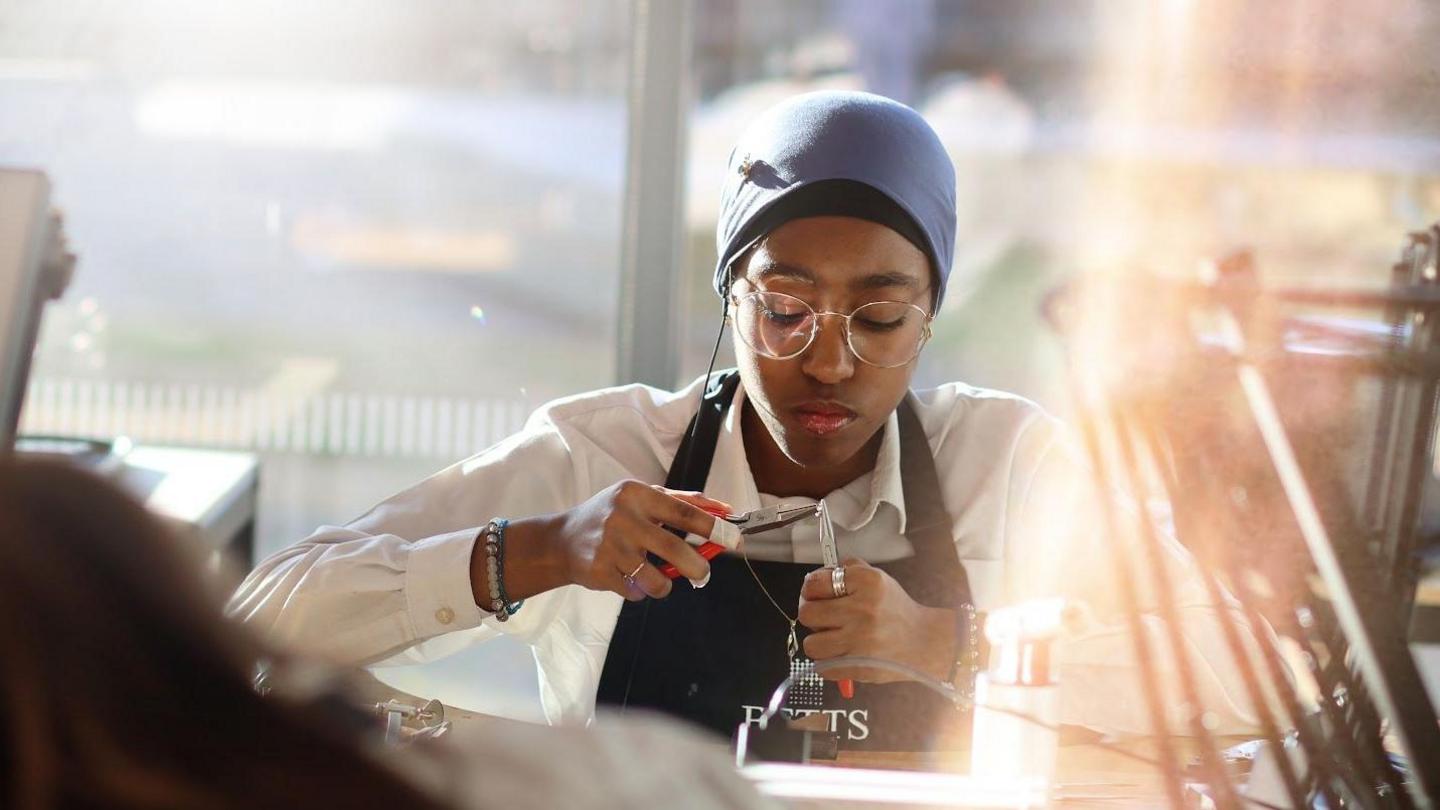
- Published18 July 2024
